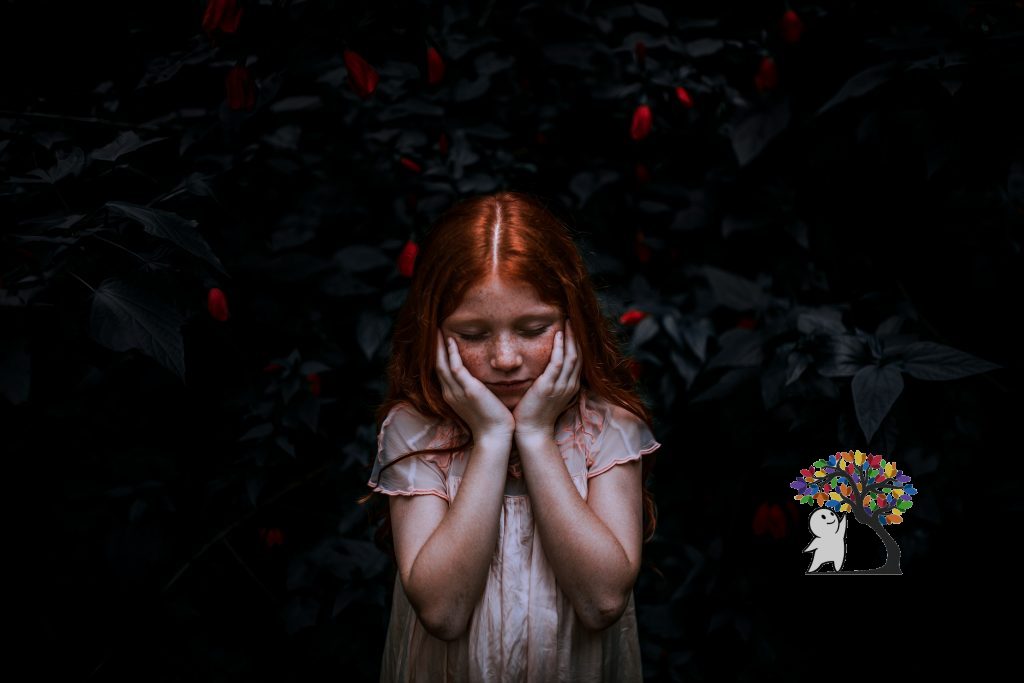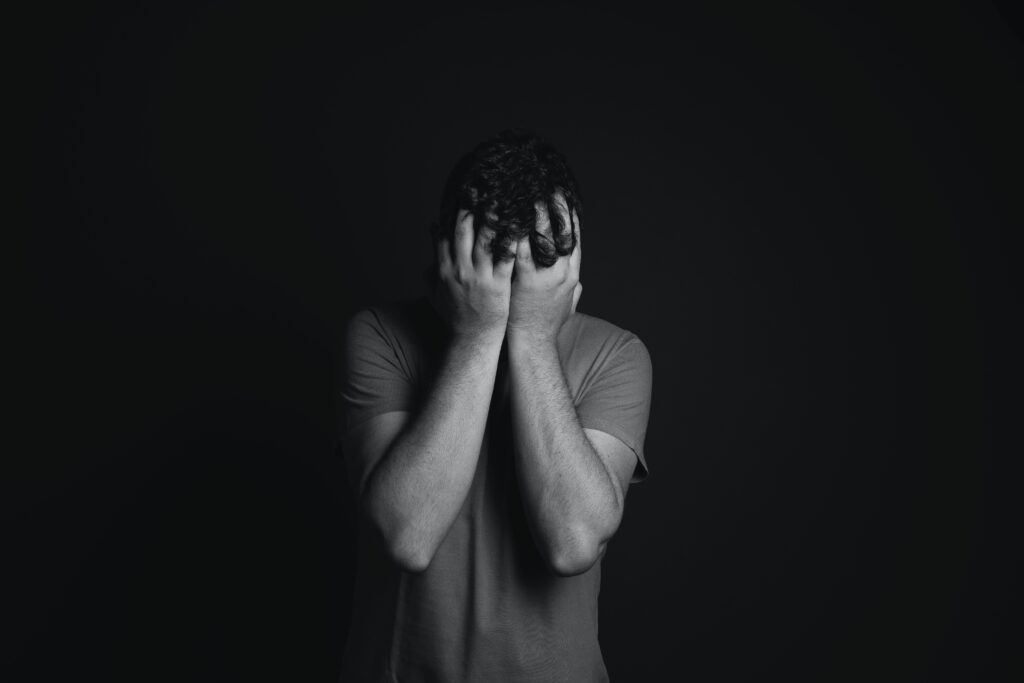8 Signs of Childhood Depression

Disclaimer: This article is for educational purposes. Please consult a health physician.
Depression can affect anyone, regardless of age. Though depression is thought to affect adults, it can also affect children and adolescents. Statistics show that about 3% of children between the ages of 3 to 17 deal with depression. However, the percentage tends to be higher in children older than 13. In the U.S. alone, an estimated 3.2 million children and adolescents have had at least one major depressive episode, and 31.9% have had an anxiety episode.
The causes of childhood depression can vary, but some are family history, bullying, environment or family problems, physical illness, or stress. Despite common perception, children do experience stress, which can invariably, if left untreated, cause depression.
Unlike in adults, depression in children presents itself differently. Symptoms vary from irritability to low energy. If symptoms last longer than two weeks, it is best to reach out to a healthcare provider.
Here are several signs that signal childhood depression.
- Severe moodiness
Though children are usually moody, severe highs and lows can be a signal of depression. For example, your child may seem all right one moment, but suddenly they break out into an emotional outburst. Though emotional outbursts usually have a trigger, like a broken toy, an emotional outburst without a definite trigger is a symptom of depression. They may be dealing with emotions that they do not know how to articulate let alone cope with. Another sign of moodiness is irritability. They experience increased sensitivity and hence more bouts of irritability.
This symptom can manifest itself through angry fights, increased emotional sensitivity, increased anxiety, or emotional numbness.
If you notice these symptoms in your child, be compassionate, and always willing to listen without judgment. Puberty is difficult enough without having to deal with mental health issues.
- Low energy
A hallmark symptom of depression is low energy. Your child may seem unwilling to do things or participate in daily tasks. They exhibit lethargy or extreme fatigue. Though this symptom is commonly interpreted as anemia, especially in children, it can also be depression. Depression represses many neurotransmitters, namely serotonin. Serotonin helps you sleep, but more importantly, serotonin helps you get REM sleep. Although your child may be going to bed every night, they may be having difficulty getting the restorative sleep they need.
Though for us adults, sleep aids like melatonin or sleeping pills help, it is best to keep these substances away from children.
- Lack of interest in fun activities.
This symptom is perhaps the most observable. Depression robs you of any joy or happiness. It sucks the color out of life–creating a gray world in front of your eyes.
If you notice that your child experiences a lack of interest, please talk to them. Let them know that you are willing to listen without judgment. If they are unwilling to speak to you, suggest help from children and young people’s mental health service specialist.
- Changes in eating habits
As a cause of lack of interest and poor sleep, children can also experience changes in their eating habits. Changes in eating and sleeping habits are telltale signs of depression, regardless of age. Feelings of worthlessness or hopelessness can affect eating and sleeping patterns causing your child to either overeat or not eat at all. Food triggers chemical responses in the brain, hence altering emotions. For example, carbs trigger a dopamine release, which allows your child to feel comforted whenever they eat a plate of pasta or sugary pastries.
To help them cope with emotionally triggered changes in eating habits, introduce a healthier diet filled with nutrients and vitamins that can help them cope with depression better.
- Feelings of sadness or hopelessness
Depression is a mood disorder. It almost acts like the death eaters in Azkaban prison. They drain you of all will. Imagine how this affects children. It makes them feel hopeless and worthless. At times, it can instill feelings of guilt.
- Behavioral problems at school
As a result of the other symptoms, they can exhibit behavioral problems at school. This sign is more of an indirect byproduct of internal turmoil and general irritability. They may end up starting fights at school or talking back. Behavioral problems, especially at school, can inconvenient and irksome to deal with. However, if you suspect that their lashing out is connected to depression, be compassionate. They may be reticent to talk but let them know that you are willing and ready to listen.
- Declined grades
Another result is a decline in their grades. A decline in their grades can happen gradually or immediately but it is a sure sign that they have lost interest.
Declined grades can also be a cry for help–letting others know that they feel emotionally overwhelmed.
- Social withdrawal
One of the last symptoms is social withdrawal. Shyness can sometimes be depression, though it is not always the case. They may seem hesitant to make friends or lose connection with their current friends.
Please reach out to your child with compassion and understanding and talk to them if you notice any of these symptoms.
Depression can manifest itself in many different ways. However, if you notice that your child or teen becomes increasingly focused on death, prefers isolation, starts giving away their possession, and is harming themselves. These signs are especially concerning because they indicate that they have been thinking about suicide. Talk to them. They may not want to talk back, but it lets them know that there is someone there for them.
Please seek professional help to deal with some of the symptoms discussed in the article. For more help, you can call a helpline.
Take care!
Sources:
Alli, Renee A. Depression in Children: Symptoms and Common Types of Child Depression. 7 June 2020, www.webmd.com/depression/guide/depression-children.
Casarella, Jennifer. “Signs of Clinical Depression: Symptoms to Watch For.” WebMD, WebMD, 17 Sept. 2019, www.webmd.com/depression/guide/detecting-depression.
Cleveland Clinic. “Depression in Children: Symptoms, Suicide Signs & Treatment.” Cleveland Clinic, 17 Nov. 2020, my.clevelandclinic.org/health/diseases/14938-depression-in-children.
NHS. “Depression in Children and Young People.” NHS Choices, NHS, 2 Apr. 2020, www.nhs.uk/conditions/stress-anxiety-depression/children-depressed-signs/.
Schimelpfening, Nancy. “What Parents Should Know About Childhood Depression.” Verywell Mind, 25 Mar. 2020, www.verywellmind.com/childhood-depression-1066805.




Responses